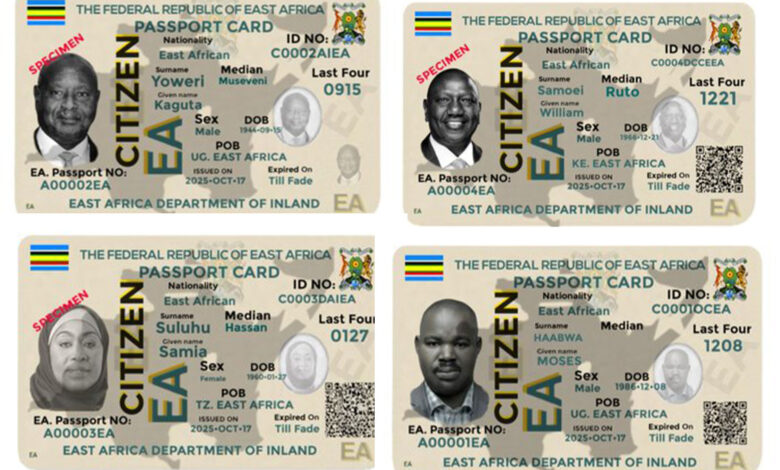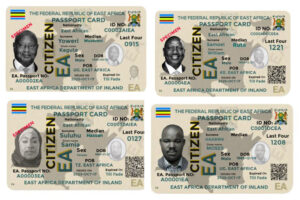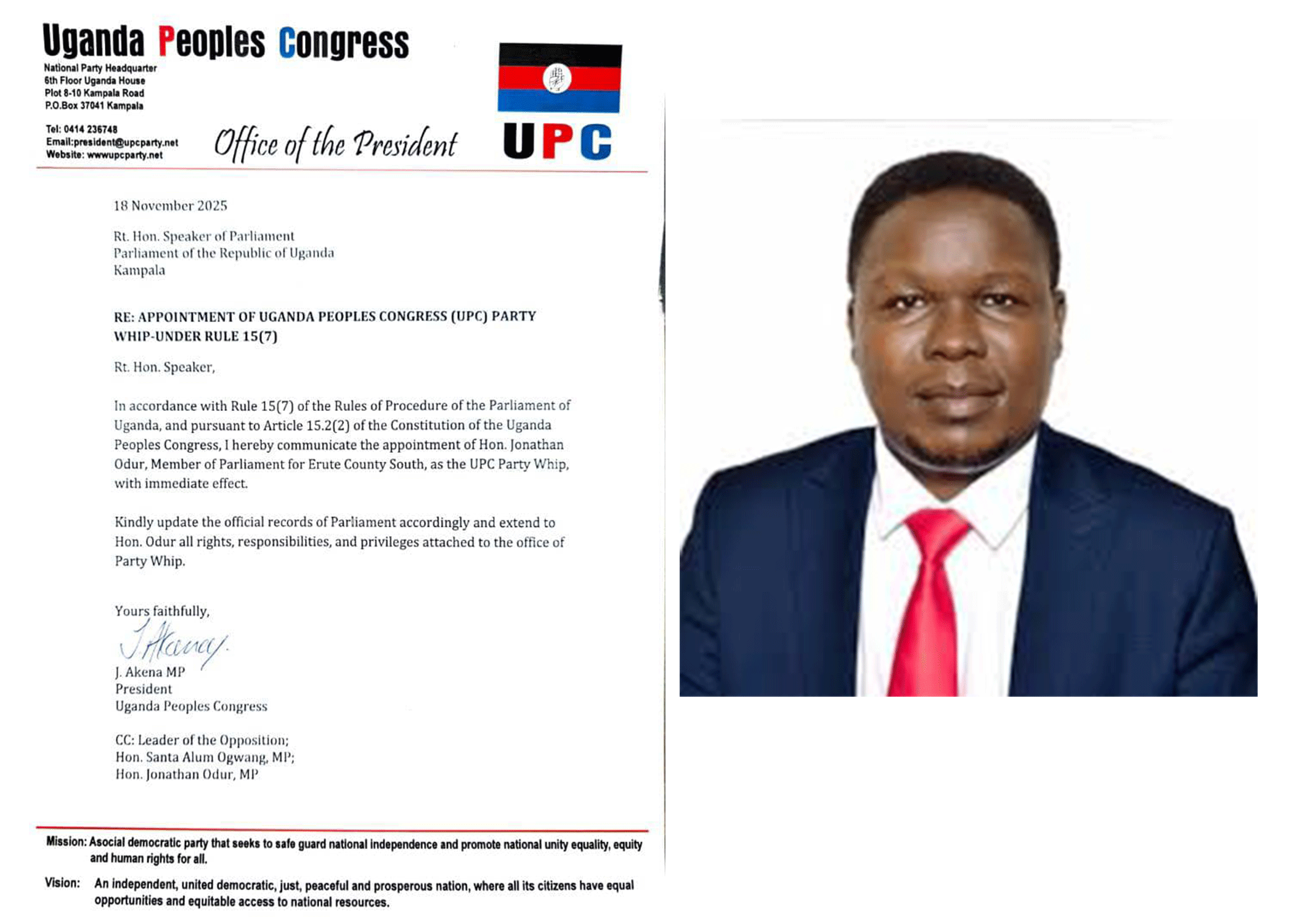EXCLUSIVE: East African Passport Card Clears Major Hurdle, Set to Become Live-Work Document by 2025
In a landmark move poised to reshape the regional labor market, the East African Community (EAC) has officially ratified the critical legal framework that will transform the much-anticipated Passport Card into a valid permit for citizens to live and work across the seven partner states.


19/October/2025
#LCCTV NEWS
NAIROBI, Kenya –In a landmark move poised to reshape the regional labor market, the East African Community (EAC) has officially ratified the critical legal framework that will transform the much-anticipated Passport Card into a valid permit for citizens to live and work across the seven partner states.
This breakthrough, confirmed to our newsroom by senior officials at the EAC Secretariat in Arusha, marks the transition from a long-envisioned concept to an imminent, tangible reality for over 300 million East Africans.
Until now, the East African Passport (a biometric e-passport) has primarily facilitated travel, but the right to work in a partner state remained a complex bureaucratic process, often requiring separate work permits, special passes, and significant fees矜.
The newly ratified EAC Movement and Stay of Persons Regulations provide the legal teeth for the Passport Card. This means the card will no longer be just a convenient travel alternative but will be embedded with a chip containing biometric data and, crucially, work authorization status.
“With this ratification, we have moved from the ‘what’ to the ‘how’,” said Dr. Josephine Alulu, the EAC Deputy Secretary-General in charge of the Customs, Trade, and Monetary Union. “The Passport Card is the key that will unlock the full potential of our Common Market. A citizen from Burundi will be able to drive to Rwanda, use their card to cross the border, and legally take up a job in Kigali with the same rights as a Rwandan national. This is the fundamental freedom of movement we have been working towards.”
Sources close to the implementation committee outlined the operational plan: The credit-card-sized document will feature an integrated circuit that stores the holder’s personal information, biometrics, and a flag indicating their “Right of Residence and Establishment.”
At borders, officials will scan the card for instant verification. For employers, a secure online portal will be established to validate a job applicant’s legal right to work within the EAC, eliminating the need for a separate, costly work permit.
The initial phase, expected to begin in the first quarter of 2025, will target specific professional categories—doctors, engineers, accountants, and university lecturers—to address critical skills gaps region-wide. A full rollout to all citizens is projected by the end of 2026.
The business community has hailed the development as a game-changer for economic integration. “This is the single most significant policy for the private sector since the Customs Union,” remarked John Kalisa, CEO of the East African Business Council. “It means companies can now recruit talent based on skill, not nationality. We can finally manage our regional operations with a truly regional workforce. The efficiency gains are incalculable.”
However, some labor unions have expressed caution, calling for robust safeguards.”We welcome the opportunity for our members to seek better jobs abroad, but we need assurances that this will not lead to a ‘race to the bottom’ in wages or the displacement of local workers,” stated Simon Bundi, a representative from a central Kenyan trade union. “Strong harmonization of labor laws and minimum wage standards is non-negotiable.”
The final step before issuance is the technical integration of the card’s data with the immigration systems of all partner states: Burundi, the Democratic Republic of Congo, Kenya, Rwanda, South Sudan, Tanzania, and Uganda. A regional taskforce is currently overseeing this process.
The EAC Passport Card, initially celebrated for its convenience, has now been vested with its most powerful function. Its imminent arrival promises to dissolve the last major administrative barrier to a truly borderless East Africa, creating a unified labor market that could rival other economic blocs globally.
by Y.Emma#lcctv news




